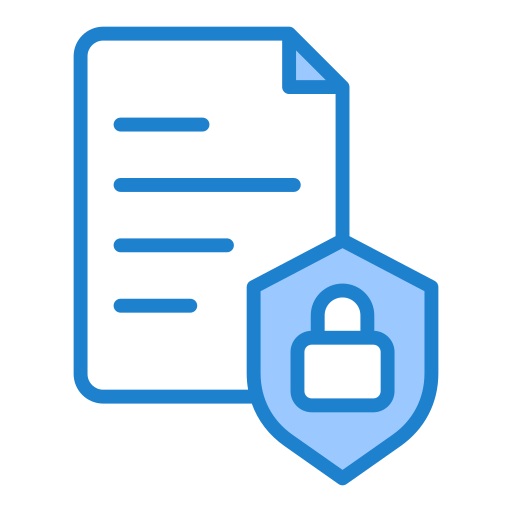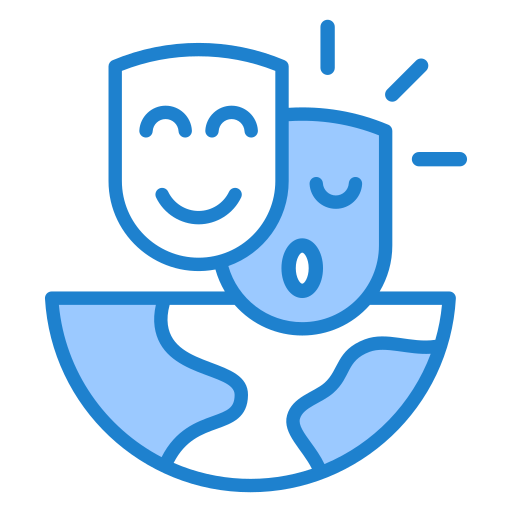
EAASI (Emulation-as-a-Service Infrastructure) is open-source software that enables libraries, archives, and museums to provide browser-based access to emulated digital collections for students, faculty, researchers, and staff—supporting interactive, controlled access to digital cultural heritage by making emulation easier.
Emulation is an access and preservation technique that uses modern software running on modern hardware to mimic older hardware and software, and it provides a pathway for researchers and digital stewardship practitioners to access collections that depend on legacy software. Using EAASI’s administrative interface, library, archives, and museum practitioners configure emulated computing environments containing legacy software to meet the needs of their specific collections.
The software development roadmap for EAASI is managed by the Software Preservation and Emulation unit at Yale Library, with regular input from the EAASI Research Alliance. The EAASI software roadmap is focused for the near term on meeting needs associated with a “virtual reading room” use case for digital special collections and archives. The prioritized features will support library, archives, and museum practitioners who seek to provide responsible research access to born-digital collections and will enhance compatibility with established digital stewardship workflows.
EAASI began as a research project in 2018, made possible by funding from the Andrew W. Mellon Foundation, Alfred P. Sloan Foundation, and Yale Library. The EAASI software development, maintenance, governance, training, and technical documentation became an ongoing initiative of Yale Library in 2024.
EAASI Use Cases
Examples of emulation use cases that libraries, archives, and museums are working together to support using the EAASI software:

A student in a college course about poetry needs to conduct in-depth research on a writer’s poem that was composed using word processing software from the 1980s and is held in their college library.
An architectural historian is writing a book on a prominent architect and needs to examine the software-dependent CAD drawings in the architect’s archive, held in the special collections unit of a university library.
An artist is creating a new digital artwork as a tribute to an artist from the previous generation and needs to access that artist’s digital archive in a museum library.
An economist needs to study a financial software simulation that was created by an award-winning economist in 1999 and collected by a national library, but the simulation only runs on an obsolete operating system.
EAASI Research Alliance

Membership in SPN exclusively unlocks participation in the EAASI Research Alliance and helps shape the future of access to digital scholarship and culture.
The international EAASI Research Alliance, convened by the Software Preservation Network, is a multinational community of libraries, archives, and museums that utilize the EAASI software to broaden access to digital collections of culture and scholarship.
Together, these organizations explore how the EAASI software can be used to provide and preserve access to software-dependent collections for educational and research purposes. SPN is the exclusive entry point to the Alliance, and qualified libraries, archives, or museums who are members of SPN have the option to participate in the Alliance as part of their SPN member benefits.
How We Work
The charge of the Subcommittee is to oversee progress of Yale + SPN/Educopia EAASI Research Alliance organizational collaboration and lead continuous monitoring and assessment. The group meets bi-weekly. The members of the Subcommittee represent key SPN stakeholders, including:
- Eric Kaltman, SPN Coordinating Committee Strategic Coordinator
- Chelle Sanders, SPN Program Manager
- Jessica Meyerson, Educopia Co-director
- Wendy Hagenmaier, Yale’s Head of Software Preservation and Emulation
- Kendra Albert, SPN Law and Policy Advisor